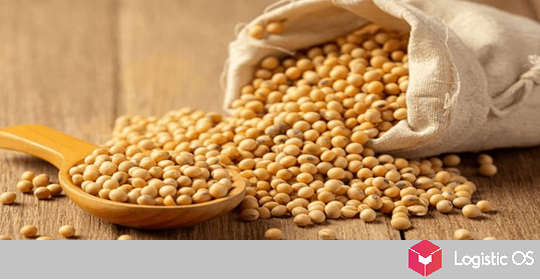The efforts of breeders are bearing fruit: Zimbabwean farmers note that the yield of new varieties has increased by about 20% compared to analogues.
Corn is one of the most important crops grown in Zimbabwe, it is the key to food security for the country and each individual family.
However, at present, this country, which is not very favorable in terms of arid climate and poor soil, is facing a new threat: global warming can lead to the fact that temperatures will increase further, and precipitation will become even rarer.
At the same time, climate change is not something that can happen in the distant past.
This trend has already become a reality that many farmers in Zimbabwe have felt, because over the past few years, droughts have destroyed thousands of hectares of corn in this country, which has caused a direct confrontation with hunger for a large number of families.
The answer to this challenge may be the development of new drought-resistant crops.
The use of promising hybrids began about 10 years ago. According to farmers, many of them did not really expect that these hybrids would change anything.
However, in practice, they were able to really show their best side, becoming a “lifeline” for a large number of families.
Despite negative weather factors, primarily drought, the yield of new hybrids was 20% higher than that of previous varieties.
It is emphasized that the selection of new varieties was the result of long-term work by both the Zimbabwean government and various non-governmental organizations.
First of all, it is worth noting CIMMYT, an international non-governmental organization engaged in research on corn and wheat. Various seed traders and farmers themselves were involved in this work.
At present, an active campaign is underway to provide new hybrids to everyone who wants them.
The Zimbabwean government has real hopes that this path will ultimately lead to greater levels of food security for the country.
“If widely adopted, drought-tolerant maize, combined with effective agricultural practices, could help Zimbabwean farmers cope with prolonged periods of drought, resulting in higher yields, better livelihoods and greater food security for millions of farmers,” says Dr Mainassara Zaman-Allah, CIMMYT Country Representative.

